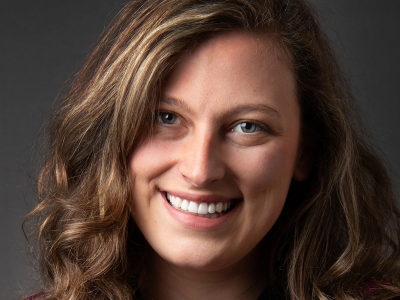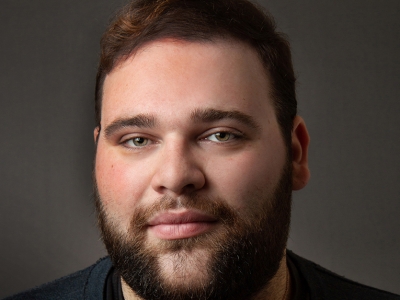By Mary Giles

Patrick O’Halloran
Students enter the graduate Diploma in Public Policy and Program Evaluation (DPPE) from many walks of life and career levels. While some enter directly from an undergraduate degree, Patrick O’Halloran joined the program after retiring from the Canadian Armed Forces (CAF) in 2018 where he served as an officer in the Armour Corps for thirty-five years.
O’Halloran also has a PhD in political science from York University (2002), with a major in international relations and a minor in Canadian public policy, and is an adjunct assistant professor at the Royal Military College of Canada.
“I wanted to start a second career in a field related to policy analysis after having enjoyed positions in operational planning, policy development, training and education in the CAF,” he says. “I also had funding available from Veteran’s Affairs Canada to take courses as part of the relatively new career transition program.
“I selected the DPPE because I already had experience in policy development and evaluation of military operations, but I wanted to learn more about the evaluation component of the policy cycle and to learn a practical skill that could be used at all levels of Canadian government, with international organizations, in industry and in the non-profit sector.
“Evaluation is a function that is useful everywhere and widens the net of possible employment opportunities.”
The DPPE is offered entirely online and in the evenings, so students can participate from different locations. O’Halloran says, “I joined one of my first classes in the lobby of a hotel in Sicily, Italy, another at a lodge at Whistler, B.C. and a few others in a snowy parking lot in the Gatineau hills where I could find cell phone reception.”
The DPPE mixes theory and practice, including a practicum project that starts in the first semester and ends with a final report and presentation to the client in the final semester.
“Our group used the knowledge learned from classes to plan, conduct, analyze and report on our evaluation of the Canada Centre for Community Engagement and the Prevention of Violence,” says O’Halloran. “The Canada Centre provided great support, which really helped with our learning experience.
“One of the best parts of the practicum was collaborating with my project partners — Marleigh Pirnasar and Alexander “Sandy” Black. We each brought different knowledge, experience and perspectives to the project and helped each other along the way.”
In the last semester of the program, O’Halloran accepted a casual position with the Canadian Coast Guard. He used the skills he learned in the DPPE to develop a stakeholder engagement strategy, plan of work, interview guides and a logic model of future activities and outcomes to develop capability requirements.
In March, he was hired full-time by the Office of the Auditor General of Canada as a senior auditor in performance audit in the National Defence portfolio and started with work on strategic audit planning.
“This summer, I will be a member of an audit team for Protecting the North, which is anticipated for publication in 2022,” he says. “There is certainly a difference between evaluation and performance audit, run as a direct engagement in accordance with the Canadian Standard on Assurance Engagements (CSAE) 3001, but commonalities can be found in process and formative evaluation practices and shared social science methodologies.
“I have no doubt that I will apply much of what I learned in the DPPE in the duties as a performance auditor. Many thanks to Professor Rob Shepherd and the DPPE faculty team for their support and the knowledge they imparted.”
Friday, June 18, 2021 in 2021 Graduation, Convocation, FPA Voices, Public Policy and Program Evaluation, School of Public Policy and Administration, Students
Share: Twitter, Facebook



